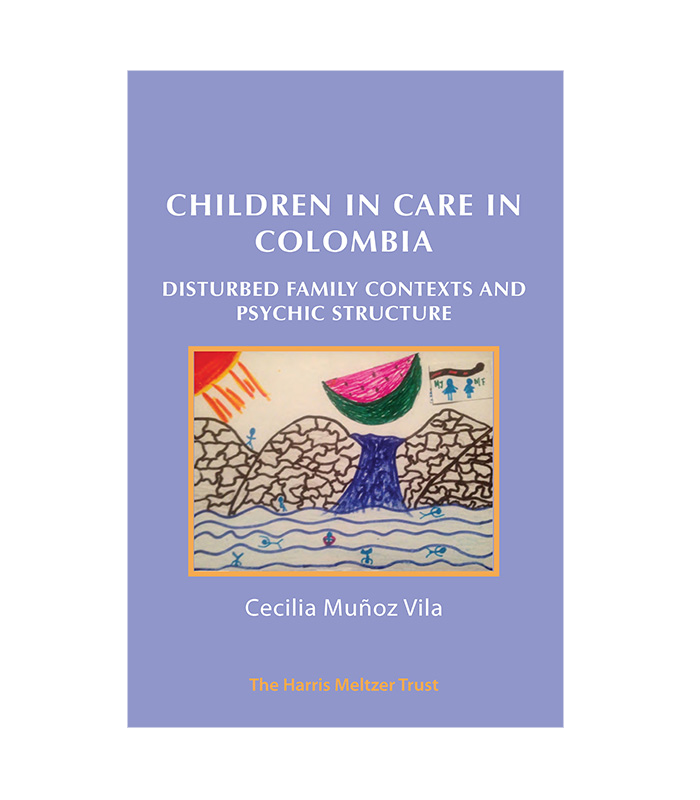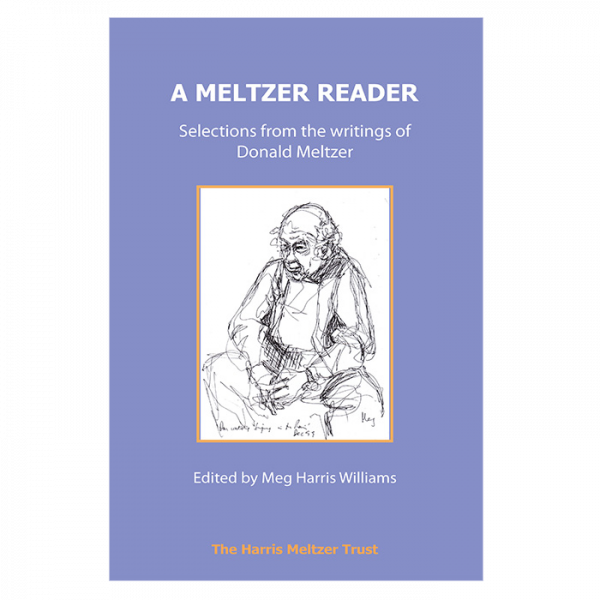This book documents research and therapeutic work carried out with children and adolescents living in social care or disturbed family circumstances in Bogotá, Colombia. The children, aged from two onwards, were seen by clinical psychologists from Javeriana University in a programme developed by Cecilia Muñoz Vila in conjunction with the Colombian Institute of Social Welfare.
The research model used is based on ‘The child-in-the-family-in-the-community’ by Donald Meltzer and Martha Harris, and the methods used by the therapists include play, drama, drawing, singing, and other modes of encouraging the children’s own creative cultural responses to help express and work through their difficult situations.
Many of the children and young people had experienced not only familial disruption but violence ranging from murder of a parent to recruitment into guerrilla bands. However their psychic struggles have a universal relevance and were treated, or explored, in an intensely empathic and mutually educative way by their young therapists, resulting in moving stories of the individual’s capacity to grasp developmental opportunities.




Reviews
There are no reviews yet.